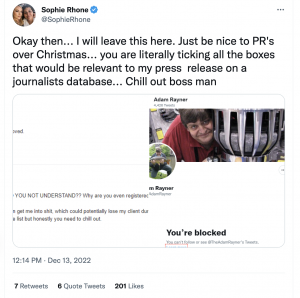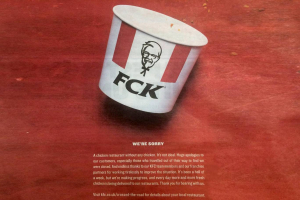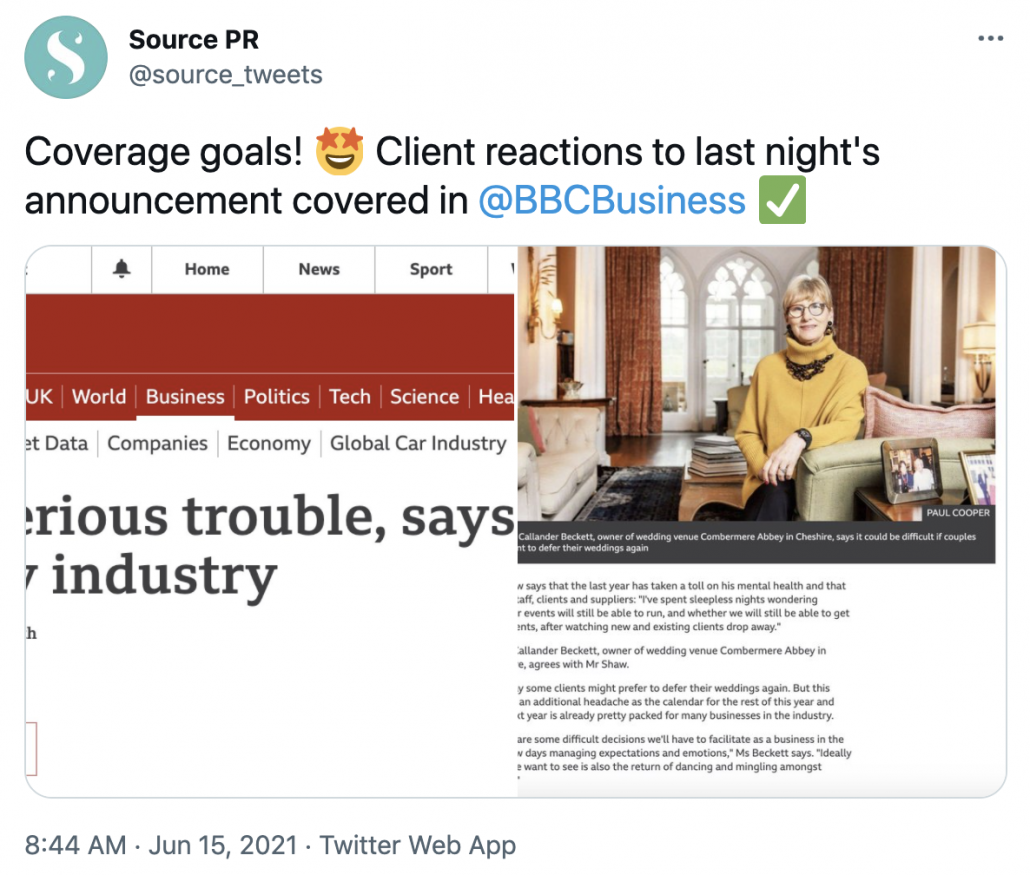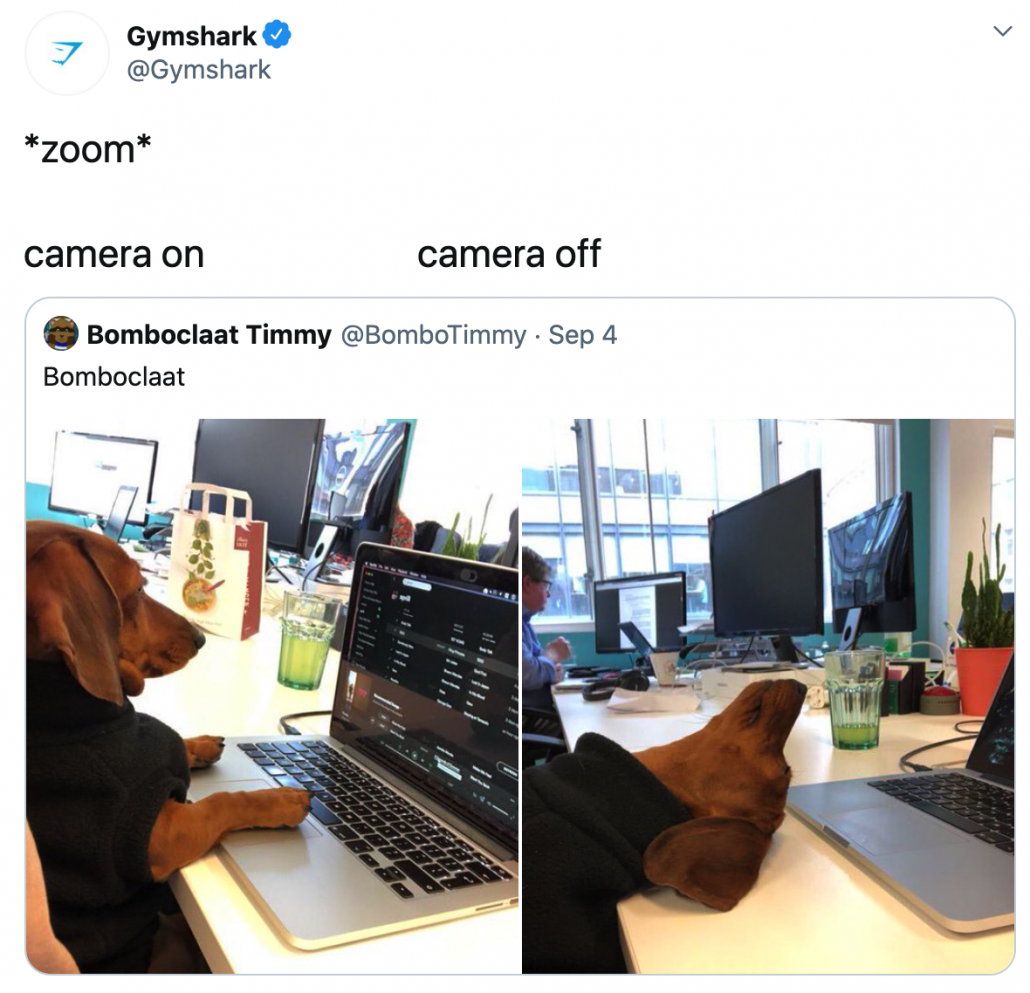As we head into what is likely to be another economic slowdown, there is often an uplift in businesses wanting to raise their profile in an increasingly competitive market. With budgets tight and ambitions high, prospective clients often ask us ‘How much do PR agencies charge?’.
The short answer is how long is a piece of string, as there are a number or variables that can influence the amount PR agencies charge, whether it’s the amount of time spent supporting the account, the specialist nature of the work or the seniority and experience of the team required to deliver the results.
But it’s equally an important question as the predetermined budget is one of the key factors when selecting the right PR agency to support your marketing goals.
Here we’ve tried to outline some of the key elements that go into determining a PR budget, to help prospective clients pick the resource and team they need to support their business ambitions. Knowing the information will hopefully help internal stakeholders understand why the costs are what they are and the agency is the right one for the business
Before appointing a PR agency, the first question must be whether the company has existing skills and resource available to deliver the plans. If not, there is always the option to recruit a ‘PR manager’ to help, with typical costs of £35 – £50kpa depending on location, experience and skill set. If selecting this route, ask whether they have all the required skills and industry resources to deliver the campaign as well as what plans are in place to cover holidays or other absences?
Another option could be to use a freelancer. Freelancers often cost more than an in-house resource and can bring specialisms and experience, but often deliver tactically the strategy that’s been determined in house. Freelancers have specialities and niches, so if considering this you may need to hire one freelancer to handle your social media while another for media relations. Costs can range from £150- £250 a day again depending on skills and experience and can quickly rack up if not managed carefully.
Selecting the right PR agency
When it comes to selecting a PR or social media agency, these typically fall into three categories, large, small and specialist PR firms. Hiring an agency gives you access to a team of experts across the full spectrum of communications services from media relations, social media management, crisis communications, public affairs, SEO and more. Unlike a freelancer, agencies usually offer a team to deliver the strategic planning, measurement and evaluation along with tactical delivery and execution.
Smaller or ‘boutique’ agencies, typically have a staff of less than 20. Their monthly fees usually range from £1,500 – £5,000 (potentially more for a London based or highly specialist firm). The value is in the easier access to senior PR counsel as well as the agility and close working relations built with the team. Boutique firms can also specialise in specific sectors and services within the PR and marketing spectrum but offer a more personalised service to client businesses.
Large agencies usually have staff of more than 20 and have offices across the UK or world, offering support to clients that require that reach. Some of the brand names like Edelman, Weber Shandwick and Hill and Knowlton fall under this category. These agencies cost the highest with typical retainers more than £5,000 per month. These agencies are best suited for big corporations and governments, especially those needing PR support for multi-national launches and campaigns.
When it comes down to working out how much do PR agencies charge, most PR and social media agencies operate either on a project or retained basis. Project rates tend to be for shorter term contracts between one and three months and can be used to support an event or crisis. Project-based contracts tend to be priced higher than annual retainers because agencies spend a lot of time in winning the business, researching the company and getting to understand the various products or services. The short-term aspect can also put a lot of pressure on the agency’s resources to deliver within the time frame and the time spent on learning the account cannot be recuperated six months down the line once the project has ended.
Retained contracts run longer and are usually around 12 months duration, however at Source PR we are proud to say that we have supported several clients for more than 10 years on a rolling retained basis (as they value the work and results we deliver!). Retained contracts often cost lower than project-based contracts because the time spent and the research done in the initial few months by the agency are paid off in the long-term.
PR Agency Services
Services like media relations are offered on retainer contracts because the best results are achieved in the long term. A one-off press mention in top-tier media can lead to a short spike in brand awareness or traffic to a website, but only consistent press coverage over the long-term will genuinely build and enhance a company’s brand and reputation.
Retained contracts typically allow clients to pay a fixed rate every month based on a specified scope of work or a fixed number of hours. Some months the work may be slower but it is usually balanced by months when the workload is higher.
One of the key influences into PR agency prices is based around the team allocated to support the business. PR prices are proportional to the agency day rate card (i.e. how much time a member of the team would be required to support the business and the seniority / experience of the person or team). Naturally the hourly rate of an account executive is lower than that of an account manager, which is lower than that of an account director etc.
When looking to choose a PR agency, it tends to be best to work with a firm whose typical client is of the same size and budget as yours. Some clients with moderate budgets make the mistake of selecting a ‘big name’ agency only to have junior or less experienced PR staff working on the account as the client (or fees!) are not deemed as important to the senior team. Smaller or boutique agencies typically give better access to the senior team at a more affordable rate.
Finally, one of the other key influences in determining ‘How much do PR agencies charge’ comes down to the services required by the client. Some services like strategic planning, branding and public affairs understandably cost higher as they require more senior expertise. Crisis communications cost much higher as it requires the PR professional to be available 24X7 to respond to the crisis as it evolves and can take them away from other scheduled work
Similarly, services like media relations or working with influencers – where a PR professional brings their relationships built over the years also cost higher. Services like social media management or blog writing can cost lower because they can be successfully undertaken without needing years of experience or decades spent building relationships.
The last question to ask is how much would it cost you not to recruit a PR agency? What is the value of your time, do you have the skills and time to deliver a campaign yourself. Equally what are the sales and opportunities you’re missing by not building your profile? All are valid questions when asking ‘how much do PR agencies charge’.
Speak to us
If you’d like to speak to someone about PR pricing and what agencies can deliver against specific budgets, feel free to contact a member of our team. Source PR is one of the North West’s leading boutique agencies and offers a full range of services to client business across the region and UK.
The team would be delighted to discuss your PR, social media and digital communication requirements and to meet to discuss your ambitions and how best we can deliver against your PR budgets and priorities.







